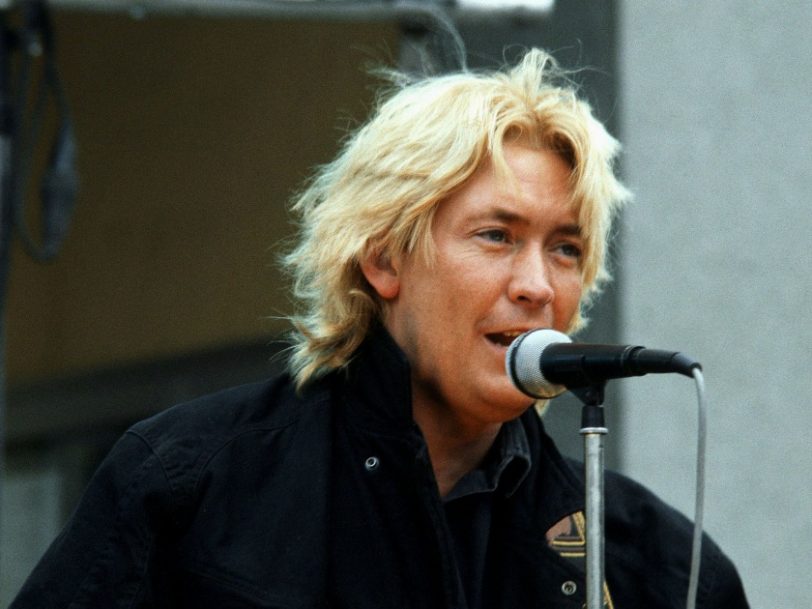Never comfortable with the PR games of showbiz, Chris Rea was beginning to grow tired of the music industry by early 1982. Tellingly, the cover of his self-titled fourth album saw the singer pose sullenly against a pink wall, sporting an on-trend mullet with an unamused expression on his face. “That was an example of the lethargy which had set in,” Rea later told Q magazine, recalling how his original artwork proposal had been rejected. Despite briefly considering quitting the music business in order to open an Italian restaurant, Rea tentatively started work on his fifth album, Water Sign, with his morale at a distinctly low ebb. Little did he realise that the record would prove to be a watershed moment…
Listen to ‘Water Sign’ here.
“I’d lost all interest in any of the romantic side of the business”
Not that it was all smooth sailing. While recording the album, Rea found it difficult to interest his label bosses at Magnet Records, failing to secure adequate funds and finding that his songs were falling on deaf ears. “This terrible period set in when the record company was just turning down everything,” Rea remembered. Opting to play nearly all the instruments himself – including a drum machine – the songs Rea eventually finalised were noticeably skeletal but enticingly atmospheric and striking in their minimalism. Water Sign’s lead single, Let It Loose – a head-bopping mélange of pulsing synth beats – even reached No.85 in the UK upon its release in February 1983.




